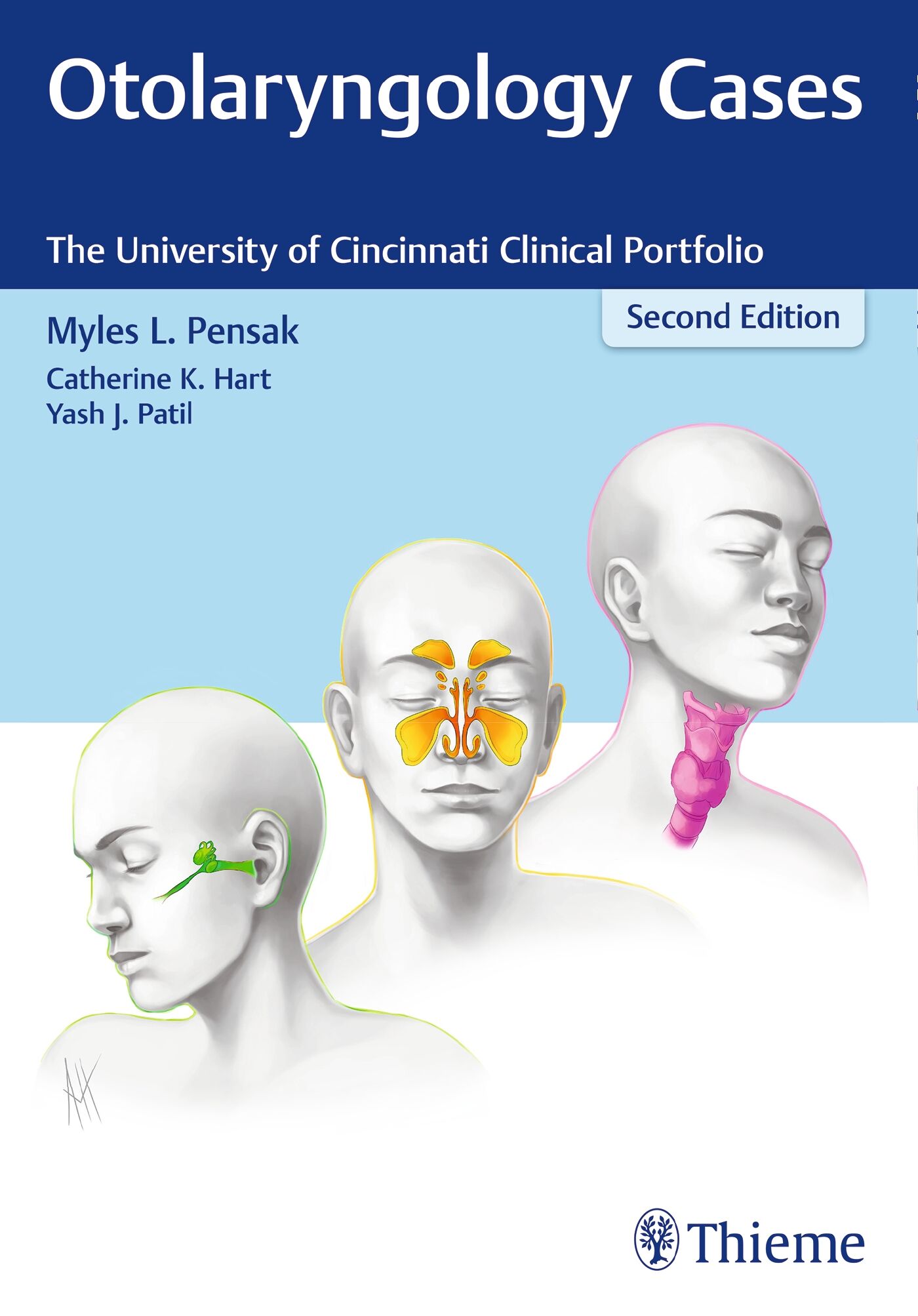Exploring the Area of Otolaryngology: What to Expect When You Speak With an ENT
Otolaryngology, frequently described as ENT, encompasses the diagnosis and therapy of nose, throat, and ear disorders. For those experiencing related concerns, seeking advice from an ENT professional can give quality and alleviation. Comprehending what to anticipate throughout such examinations is crucial for efficient communication and treatment. This introduction will certainly lay out key aspects of the ENT experience, including typical reasons for brows through and the processes involved in medical diagnosis and treatment.

Recognizing Otolaryngology: An Introduction
Otolaryngology, frequently referred to as ENT (Nose, throat, and ear) medicine, is a specialized branch of medication that concentrates on the diagnosis and treatment of conditions impacting these essential areas of the human body. This area encompasses a wide variety of disorders, consisting of those relevant to hearing, equilibrium, breathing function, and speech. Otolaryngologists are trained to manage both medical and clinical treatments, using sophisticated techniques and technologies. Their competence extends beyond typical disorders, dealing with issues such as allergic reactions, sinus infections, and hearing loss. In addition, they play a critical duty in the monitoring of head and neck cancers, giving comprehensive care tailored to individual client needs. Overall, otolaryngology continues to be necessary for preserving wellness and top quality of life in affected people.
Typical Reasons to See an ENT Specialist
Several people seek the competence of an ENT professional for a variety of reasons, showing the diverse nature of conditions that impact the ear, nose, and throat. Usual issues include chronic sinusitis, which often results in consistent nasal congestion and face discomfort. Allergic reactions and their linked signs and symptoms, such as sneezing and itching, likewise trigger visits to these experts (Otolaryngologist). Hearing loss, whether unexpected or steady, is one more significant reason for examination. Furthermore, people might look for analysis for throat disorders, including relentless hoarseness or swallowing difficulties. Rest apnea, characterized by cut off breathing during sleep, is often attended to by ENT experts also. Each of these problems highlights the value of specialized care in handling intricate ENT-related health and wellness concerns
Getting ready for Your ENT Visit
When getting ready for an ENT appointment, it is important to gather pertinent information and take into consideration any type of details worries. Individuals ought to put together a detailed case history, consisting of previous ear, nose, or throat concerns, surgeries, and current medicines. Documenting signs-- such as regularity, extent, and duration-- can offer important understandings for the ENT expert. In addition, individuals should prepare a listing of inquiries they desire to ask, guaranteeing that all issues are attended to during the visit. Bringing along any kind of relevant medical records or examination results can better assist the ENT in comprehending the client's condition. Finally, individuals ought to validate their consultation details, consisting of area, time, and date, to lessen any last-minute complication. Appropriate prep work can enhance the effectiveness of the examination and lead to better end results.
What to Anticipate During the Assessment
As the assessment begins, the person can expect to involve in an extensive discussion with the ENT professional concerning their symptoms and clinical history. The expert will certainly make inquiries concerning the period, regularity, and seriousness of signs such as hearing loss, nasal blockage, or aching throat. Furthermore, the person's previous medical problems, drugs, and any type of relevant family members clogged nose at night history will be assessed, helping the professional in forming a complete understanding of the patient's wellness. The ENT may likewise ask regarding way of living factors, such as direct exposure to irritants or irritants. This open dialogue develops a structure for the consultation, making certain that the patient's concerns are resolved and establishing the phase for any type of necessary analyses or suggestions for therapy.
Analysis Examinations and Treatments in Otolaryngology
A variety of diagnostic tests and treatments are important in otolaryngology to accurately assess and diagnose conditions influencing the throat, ear, and nose. Usual tests include audiometry, which gauges hearing function, and tympanometry, evaluating center ear pressure. Nasal endoscopy permits visualization of the nasal flows and sinuses, while laryngoscopy takes a look at the throat and vocal cables. Imaging strategies, such as CT scans and MRIs, give detailed views of head and neck structures. Allergic reaction screening may likewise be carried out to identify triggers for sinus or respiratory issues. These analysis tools make it possible for ENT professionals to develop a complete understanding of people' problems, making certain customized and reliable monitoring strategies. Appropriate diagnosis is essential for successful therapy results in otolaryngology.
Therapy Alternatives Provided by ENT Specialists
ENT experts supply a range of treatment choices customized to resolve certain problems influencing the throat, ear, and nose. These therapies range from conservative approaches, such as drug and way of life alterations, to even more intrusive treatments. For instance, allergies may be handled with antihistamines or immunotherapy, while persistent sinus problems may need nasal corticosteroids or sinus surgery. For hearing loss, ENT professionals typically advise listening devices or surgical treatments like cochlear implants. In situations of throat disorders, alternatives can consist of speech treatment or medical treatments to get rid of obstructions. Additionally, they might offer advice for managing rest apnea, consisting of the usage of CPAP gadgets or medical treatments. Overall, the objective is to improve address people' lifestyle with individualized care and reliable treatment approaches.
When to Seek Follow-Up Treatment With an ENT
Recognizing when to seek follow-up treatment with an ENT professional is important for taking care of ongoing symptoms or complications associated to ear, nose, and throat problems. People should think about setting up a follow-up appointment if signs linger despite initial treatment, such as persistent ear pain, nasal congestion, or throat pain. Adjustments in hearing, equilibrium issues, or uncommon nasal discharge might also call for further assessment. In addition, if a client experiences side impacts from suggested medications or has gone through a surgery, follow-up care is essential to keep track of recuperation and address any kind of worries. Prompt examinations can ensure reliable administration of conditions, avoid prospective issues, and give comfort relating to one's health. Seeking follow-up treatment advertises positive health and wellness administration in otolaryngology.
Regularly Asked Inquiries

What Qualifications Should I Seek in an ENT Specialist?
When seeking an ENT specialist, one need to seek board qualification, appropriate experience, and solid patient testimonials. In addition, efficient communication abilities and a caring method can greatly boost the overall therapy experience.
Just how Do I Choose the Right ENT for My Demands?
Choosing the right ENT expert includes reviewing their certifications, experience, and patient evaluations (ENT). It is important to consider their communication design and technique to treatment, ensuring they align with the individual's specific health requirements and choices
Are There Any Type Of Threats Associated With ENT Procedures?
The risks linked with ENT procedures may include infection, blood loss, anesthetic complications, and potential damages to surrounding structures. Clients ought to talk about these threats with their doctor to understand individual worries and warranty educated choices.
How Can I Manage Anxiety Before My ENT Consultation?
To handle anxiousness before an appointment, people can practice deep breathing workouts, picture positive you can check here end results, prepare inquiries ahead of time, and look for assistance from buddies or household, promoting a feeling of peace of mind and peace.
What Should I Do if I Experience Negative Effects From Therapy?
The individual needs to immediately report them to their health care copyright if side impacts from therapy occur. Modifications to therapy or additional treatments may be needed to assure safety and effectiveness in managing their condition - ENT surgery. As the consultation begins, the person can anticipate to engage in a detailed discussion with the ENT specialist about their signs and clinical background. These diagnostic tools enable ENT specialists to create a thorough understanding of individuals' problems, ensuring customized and effective management plans. ENT experts supply a variety of therapy choices tailored to deal with certain conditions influencing the throat, nose, and ear. When seeking an ENT specialist, one ought to look for board accreditation, pertinent experience, and strong client testimonials. Selecting the appropriate ENT specialist entails assessing their certifications, experience, and client testimonials